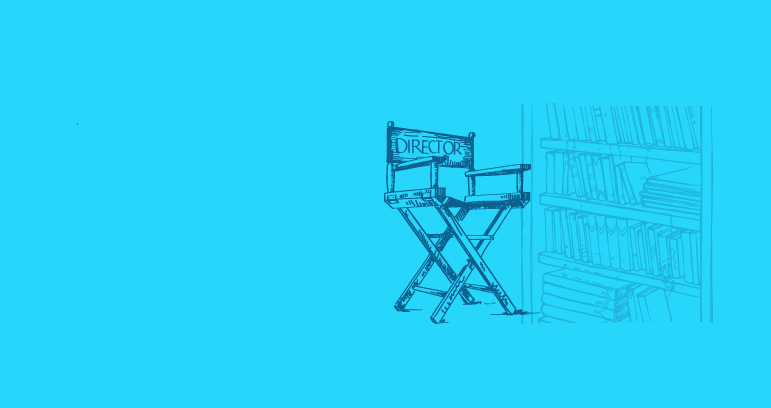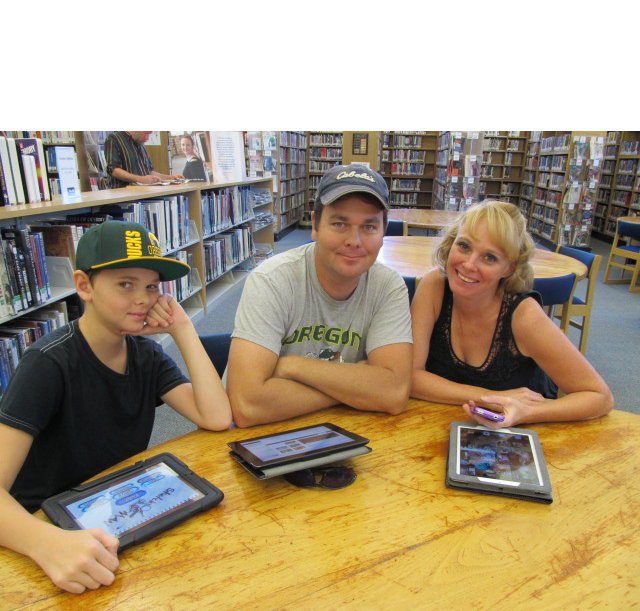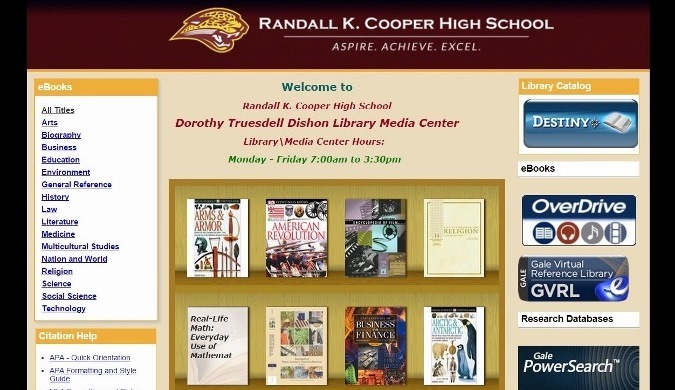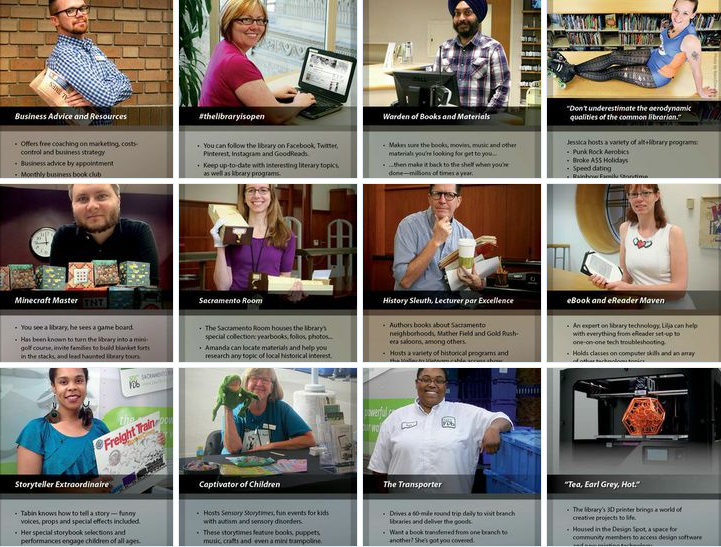By Vanessa Craig
Kate Dwyer, Education Outreach Librarian at Josephine Community Libraries, is used to hearing, “I had no idea!” She works diligently to reach out to members in her community that have no clue what modern day libraries offer.
A poll conducted by the Pew Research Center found that, “…forty-six percent [of those polled] say that they know some of what their libraries offer and thirty-one percent said they know not much or nothing at all of what their libraries offer.”
Kate faces this unfamiliarity when she is presenting what their library offers to various community groups. Most attendees thought they knew exactly what the library offers, but after her presentation on all the databases, services, programs, and books their libraries offer, her participants often exclaim, “I had no idea!”
Read moreI Had No Idea! Changing How the Library is Viewed One Stakeholder at a Time



 ce…and know where to find what they need. But Carla is concerned about keeping her knowledge and skills fresh – whether it’s about new collection development strategies or upcoming IT advancements that will affect how the library leverages its MARC records. She recently hit the 15-year anniversary of library school graduation, and she’d like to be sure she has all the knowledge she needs to keep her library as a vital community resource…and continue her career advancement.
ce…and know where to find what they need. But Carla is concerned about keeping her knowledge and skills fresh – whether it’s about new collection development strategies or upcoming IT advancements that will affect how the library leverages its MARC records. She recently hit the 15-year anniversary of library school graduation, and she’d like to be sure she has all the knowledge she needs to keep her library as a vital community resource…and continue her career advancement.





